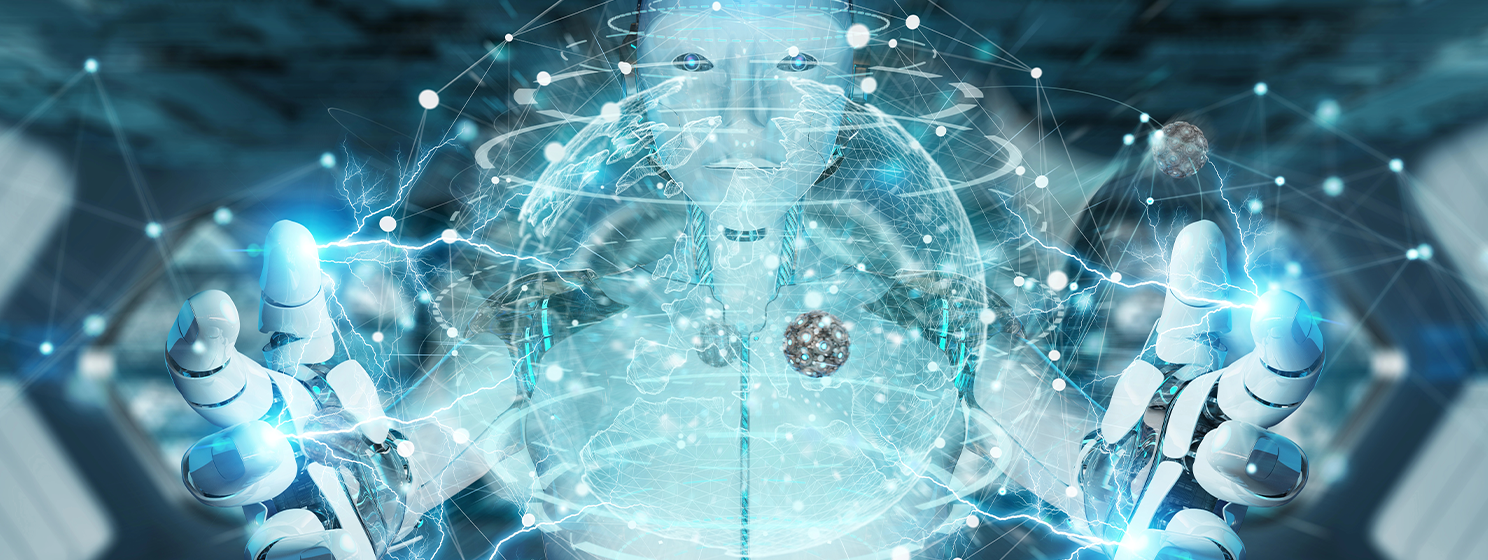|
Getting your Trinity Audio player ready...
|
China’s Foreign Affairs Executive Vice Minister Ma Zhaoxu has urged stronger global cooperation on artificial intelligence (AI) to “ensure that AI remains under human control,” particularly emphasizing the need to prevent the development of lethal autonomous weapons.
Speaking at the United Nations Security Council’s open debate on ‘AI and international peace and security,’ Ma underscored the Council’s role in “advancing global AI governance and managing non-traditional security risks,” according to a report by Turkish state-run news site Anadolu Agency.
“The development of artificial intelligence must always aim to enhance the well-being of humanity,” said Ma. “It’s essential to ensure that AI remains under human control and prevents the emergence of lethal autonomous weapons that operate without human intervention.”
He urged the international community to “jointly foster an open, inclusive, fair and non-discriminatory environment for technological development, and firmly oppose unilateralism and protectionism”—the latter comment likely aimed at the administration of United States President Donald Trump and his ‘American first’ policy.
He went on to call for intensifying efforts to bridge what he called a “North-South AI divide.”
Ma also highlighted the risks of AI being coopted by non-state actors, including “terrorist groups, extremist forces and transnational criminal networks.” He emphasized the need for a joint international response to this.
To demonstrate China is leading by example in responsible AI, the Executive Vice Minister for Foreign Affairs also pointed to the country’s 2021 release of its position paper on regulating military applications of AI, which referred to AI-related security governance as “a common challenge for mankind” and called for enhanced efforts to regulate military applications of AI.
“As world peace and development are confronted with multifaceted challenges, countries should embrace a vision of common, comprehensive, cooperative and sustainable global security, seek consensus on regulating military applications of AI through dialogue and cooperation and establish an effective governance regime, in order to prevent serious harms or even disasters caused by military applications of AI to mankind,” said the paper.
Ma reaffirmed China’s commitment to this message at the Security Council on Wednesday, saying that Beijing “will continue to work with all countries to actively participate in global AI governance and contribute wisdom and strength to building a world of lasting peace and universal security.”China’s urging of cooperation on AI governance is part of a broader public effort from the country to foster increased international unity. On September 18, Chinese Defense Minister Dong Jun urged greater global unity while warning against an increasingly divided world “defined by the rule of the jungle.”
The call for AI caution from a global superpower will come as music to the ears of over 200 prominent politicians, public figures, and scientists who signed a recent letter urging binding international “red lines” to prevent dangerous AI use.
Released on Monday to coincide with the opening of the 80th UN General Assembly, the letter from the public figures, among whom were ten Nobel Prize winners and eight former heads of state and ministers, highlighted the “unprecedented dangers” of AI technology and—much like Ma—called for international cooperation and agreement on governance.
“We urgently call for international red lines to prevent unacceptable AI risks,” read the letter. “History teaches us that when confronted with irreversible, borderless threats, cooperation is the only rational way to pursue national interests… we urge governments to reach an international agreement on red lines for AI — ensuring they are operational, with robust enforcement mechanisms.”
In order for artificial intelligence (AI) to work right within the law and thrive in the face of growing challenges, it needs to integrate an enterprise blockchain system that ensures data input quality and ownership—allowing it to keep data safe while also guaranteeing the immutability of data. Check out CoinGeek’s coverage on this emerging tech to learn more why Enterprise blockchain will be the backbone of AI.
Watch: Adding the human touch behind AI

 02-17-2026
02-17-2026 




